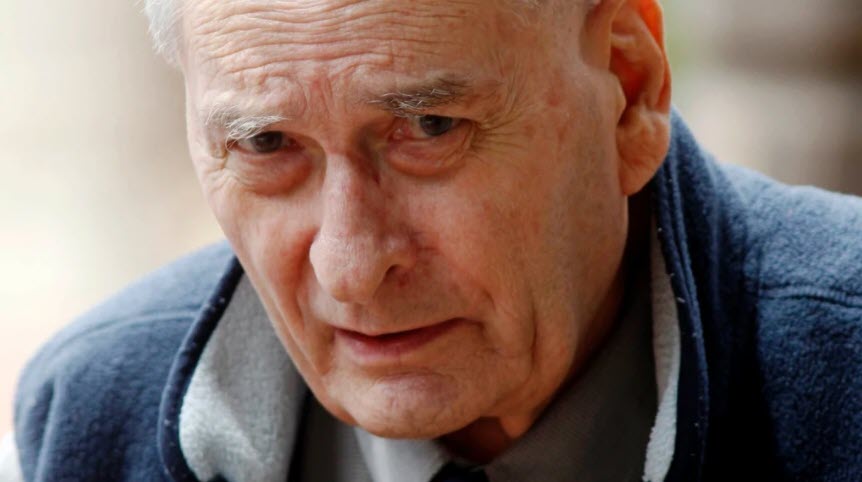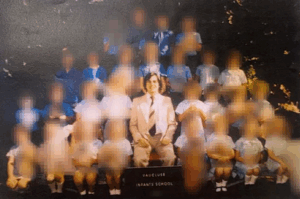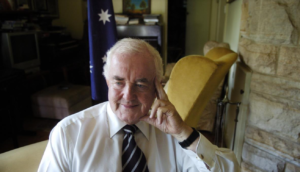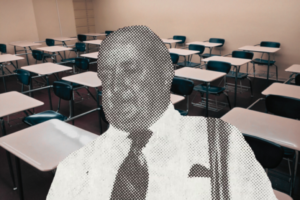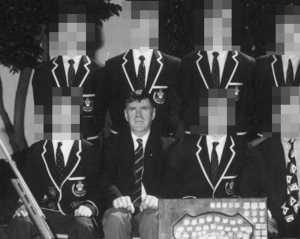Brother Romuald, also known as Francis Cable, is one of the worst Catholic school paedophiles in NSW history. In 2015, he was sentenced to 16 years imprisonment for 41 offences perpetrated against 19 former students from Marist Brothers schools in Hamilton, Pagewood and Maitland. The offences occurred between 1960 and 1974 and included multiple counts of indecent assault and buggery.
In 2017, Br Romuald was charged with a further 14 offences relating to 5 more victims and was facing further child sexual abuse charges at the time of his death in 2022.
Tragically, many of these victims could have been spared if not for the actions of the Marist Brothers, who allowed Br Romuald to remain in their schools for decades despite numerous complaints about his offending.
Are you a survivor of sexual abuse in a Catholic church or school? Click here to share your story with us. You may be eligible for compensation.
As far back as 1960, the principal of Marist Brothers Maitland received a complaint of abuse against Br Romuald, and in 1967, the principal of St Gabriel’s (a Marist school in Pagewood) received multiple complaints, even visiting a victim’s home to assure the parents that Romuald would be moved to another school.
In 1972 or 1973, the principal of Marist Brothers Hamilton, Brother Christopher, was told that Br Romuald was ‘molesting’ boys. Despite numerous accounts of reports such as these, there is no evidence the Marist Brothers ever went to the police, and Br Romuald continued to teach in Marist Brothers schools around NSW until the late 1970s.
Br Romuald eventually left the Marist Brothers order in the late 1970s, reverting to the name of Francis Cable and continuing his teaching career at St Edmunds Christian Brothers College, Canberra, from around 1978 to 1989.
Throughout his prior career with the Marist Brothers, he taught at several different schools, including Marist Brothers Hamilton, Parramatta Marist High, Marist Brothers College Pagewood (St Gabriel’s), Marist Brothers Kogarah, Marist Brothers Maitland & Marist Brothers College Dundas.
Shockingly, Br Romuald was not the only paedophile offender at the notorious Marist Brothers Hamilton, which also shielded many other perpetrators, including Br Dominic (Darcy O’Sullivan), Br Christopher (William Wade) and Br Patrick Butler.
If you suffered abuse in a Catholic church or school, we want to hear from you. We will fight for you. Click here to share your story, or call us on (02) 4907 4200.
Feature Image: Sydney Morning Herald

